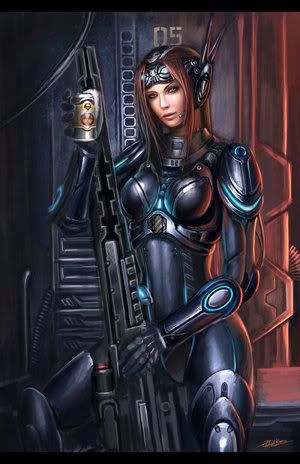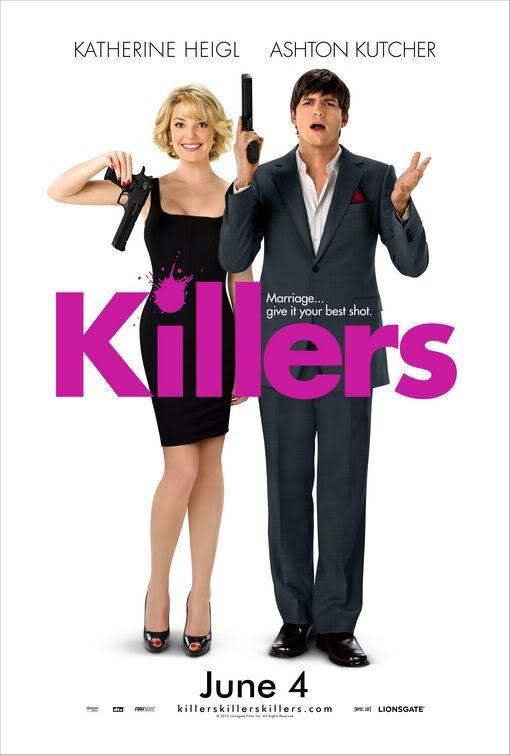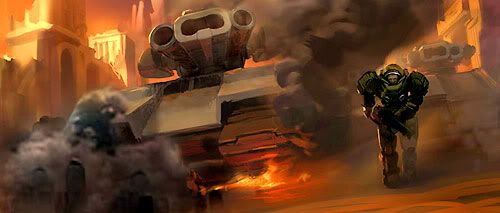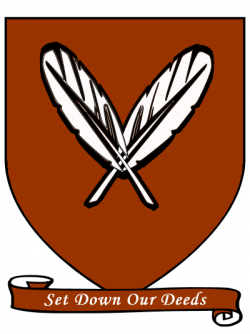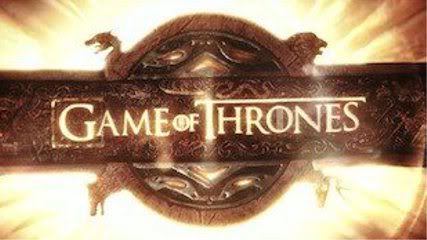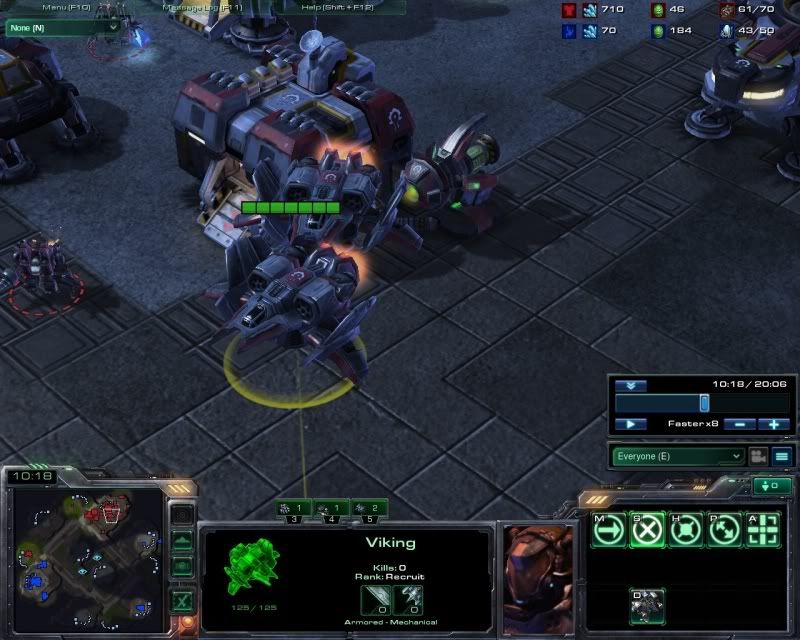Hooks Hurt — Blue Ink Alchemy

"Peace, however comforting, is stagnation. Conflict, however messy, is life." - Bob Chipman.Sooner or later, you're going to run into difficulty. It's a fact of life. Everything isn't always hunky-dory. A tire goes flat, a check bounces, a bone gets broken, a job market tanks, a lover cheats, a bill gets skipped, a chore gets neglected, a payment gets forgotten. It happens. There's no way around it. Even when you do everything right, even if you put yourself onto the rails of a carefully-laid plan for moving forward, someone or something is going to put a penny on those rails and you'll have to respond accordingly to the subsequent disaster. That's life. It's a mess. It's conflict. Why should the lives of our characters be any different? It's fantasy, you might say. It's fiction. We can have our characters exist in a consequence-free world if we want. It's our world so it's our rules, right? This will work in a video game like Grand Theft Auto or Just Cause. But can you imagine the world of Harry Potter as one without conflict? Or A Song of Ice and Fire? Or hell, Jersey Shore? Yeah, I said Jersey Shore's fictional. Those might be people in a reality show, but I challenge them to be 'real' in any sense of the word in person. I mean if they look fake, sound fake, act fake and give out fake expectations... Yeah. Conflict. Let's have some of that. We want to live vicariously through our fiction. But fiction without conflict and without consequence is ultimately boring. The stories we truly enjoy, the ones that stick with us and pull is back in just by glancing at a title or cover, are the ones with deep conflict, long-lasting consequences for the characters, the sorts of things we dive into fiction to escape from. Why? Because we empathize. We understand. And in the end, we root for the characters who are just as under the gun and behind the 8-ball as we are. In writing one draft and preparing to revise another, with a tip of my hat to the brutally honest people of Book Country, I've realized that with this conflict comes passion, even if it's dark and often misdirected passion, and that passion is an emotion onto which readers can also grab hold. Or, in other words, it's something that will grab the reader and pull them bodily into the narrative. I was wondering where my hooks were. I think I answered my own question. Without conflict, there's no passion. Without passion, there's no hook. Therefore we must begin with conflict. And we can't let up on it until the end. The conflicts may change. One may end as another begins. Or multiple conflicts may intersect or even collide with one another. Good. The more conflicts and chaos, the more deep and nuanced the story becomes. The challenge for the writer is to keep all of this chaos straight, at least in their mind, to keep it from becoming a jumbled mess of angst and post-modern darkness. I'm not saying to open with something exploding or a big gunfight or a little spaceship being chased by a bigger one. You can, but it's kid's stuff, really. Open with a deeper, inner conflict. One set up by society rather than bullets. Find the deep things that bother your character, their fears and what pisses them off. Tap one of those veins right at the start, and you're more likely to suck in a reader within your first page. Conflict should suck for our characters, and be as prevalent and relentless, as it is for us. Otherwise, what's the point?
Blue Ink Alchemy
